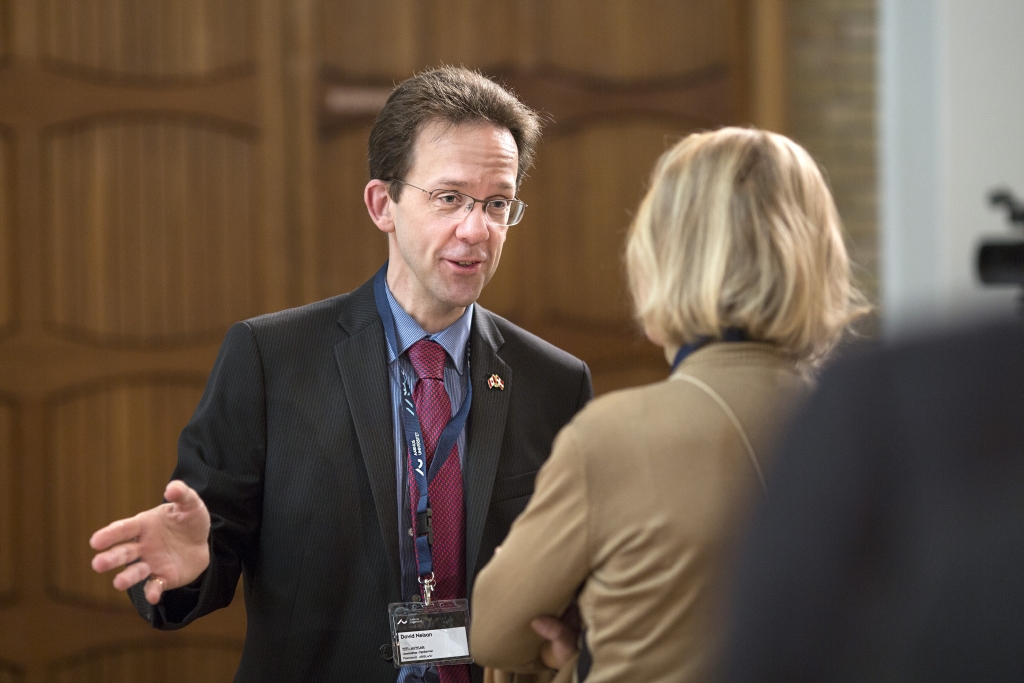No The Sun, no Brexit?
In the Brexit referendum in 2016, Liverpool voted “remain”. Now, research shows that citizens in the Liverpool area have become less sceptic towards the EU by boycotting the Eurosceptic newspaper The Sun.

97 Liverpool fans were killed and several hundred were injured in an accident at Hillsborough Stadium in Sheffield on 15 April 1989.
Now, the tragic accident has turned out to represent a unique opportunity for researchers to demonstrate how a newspaper can impact the political attitudes among its readers in the long term. In this case, their attitude towards the EU.
Ever since the accident, citizens in and around Liverpool have boycotted the very Eurosceptic tabloid The Sun due to false accusations against Liverpool fans published by the newspaper in relation to Hillsborough. According to the newspaper, fan transgressions included stealing from the victims and peeing on some of the police officers present at the stadium. The Sun has since offered an official apology for the false accusations, but even in 2021, the newspaper is still only sold by a small proportion of newsagents in the entire northwestern region Merseyside, where Liverpool is located.
Two researchers now conclude that the newspaper boycott had a significant impact on Merseyside citizens’ attitudes towards what was at the time the European Economic Community (EEC). This impact has persisted with the formation of the EU, and if it was up to the citizens of Merseyside, the United Kingdom would still be part of the EU. A majority of them voted “remain” in the Brexit referendum in 2016.
We do not have the scientific evidence to proclaim that the UK would still be part of the EU if The Sun did not exist. But we can safely say that the Merseyside boycott made local citizens considerably less Eurosceptic,
Daniel Bischof, associate professor of political science at Aarhus BSS, Aarhus University.
He and assistant professor Florian Foos from the London School of Economics and Political Science are behind the study, which has been published in the recognised scientific journal American Political Science Review.
Read more: The Internet does not turn people into trolls
The Sun segment changed its attitude
The researchers have succeeded in tracing the British attitudes towards the EU and its predecessor, EEC, back to 1983. Before the incident, the desire to leave the European community among Merseyside citizens had increased and decreased at more or less the same rate as that of the rest of the population in Northern England. But from 1989 – the year of the Hillsborough tragedy and the beginning of the boycott – and during the following five years, a significant change takes place. Merseyside citizens go from being more sceptic than the rest of the population in the surrounding Northern English counties to being less sceptic. It is of similar interest that there are larger changes in attitudes among unskilled and semiskilled workers than among white collar workers.
"This is highly notable, as this is the part of the population who would usually have read The Sun in Merseyside," says Florian Foos.
In the scientific article, the researchers investigate and discount alternative explanations for the change in attitude towards the EU among Merseyside citizens.
"We know from other studies that newspapers and specific articles impact their readers’ attitudes in the short term, but it is very difficult to obtain knowledge of their long-term effects. In this study, we have succeeded with that, and the specific case of the EU and The Sun emphasises how big a responsibility the media hold,” says Daniel Bischof.
Behind the Study:
-
A preprint of the scientific article has been made publicly available while the study was subject to peer review. For this reason, the results have previously been reported in e.g. The Financial Times.
-
The study was financed bythe London School of Economics and Political Science , the University of Zurich, and the Swiss National Science Foundation.
-
In terms of methodology, the study is based on a quasi-experiment.
-
Read the scientific article in full:
Tabloid Media Campaigns and Public Opinion: Quasi-Experimental Evidence on Euroscepticism in England
Contact:
Associate professor Daniel Bischof
Email: bischof@ps.au.dk
